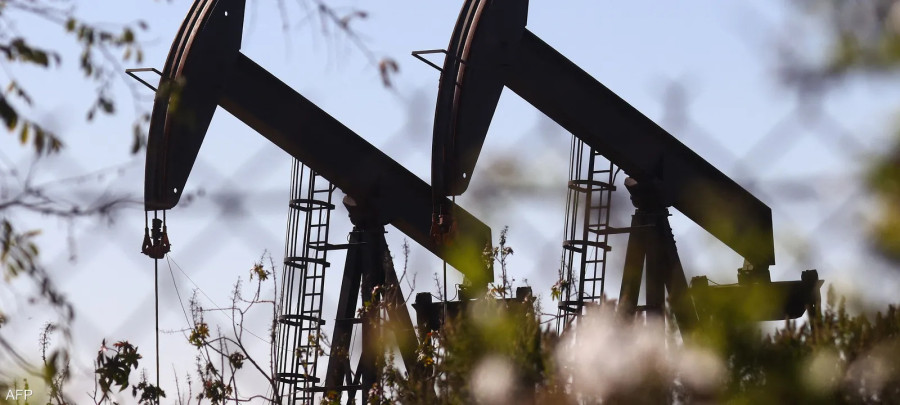Global sour oil prices rose this month after top oil exporter Saudi Arabia subsidized prices and expanded production cuts of sour oil, in the first sign of the impact of the kingdom's efforts to prop up global prices.
Saudi Arabia, the de facto leader of the Organization of the Petroleum Exporting Countries (OPEC), this month increased production cuts to 1 million barrels per day in the face of record low prices that hit below $72 a barrel this summer.
Mark Rosano, partner at Primary Vision Network for energy data, said the kingdom's restrictions have had a significant impact on medium and sour oil supplies.
Dealers and brokers believe that the price increases, recorded by grades of high-sulfur crude from the North Sea, the United States and Canada, jumped as oil refineries in China, Europe and the United States rushed to the diminishing supply due to the sanctions imposed on Russia and the Saudi cuts.
Other factors driving up sour crude prices were US government purchases to replenish emergency stocks, production outages due to Canadian wildfires, and fears that US sour crude production might decline in the Atlantic hurricane season.
Most Saudi crude grades, such as Arab Light, Medium and Heavy, are high-sulphur, a type that requires more complex refining and usually trades at a lower price than low-sulphur crude.
But the price of low-sulphur oil is no longer low. On Friday, Norway's Johan Sverdrup medium sulfur crude rose to a record high and traded at a premium of $ 3.50 a barrel to Brent crude on the same day, compared to trading at more than $6 less than Brent crude in December, traders said.
On Thursday of last week, the high-sulfur US Marz crude was trading at a premium of two dollars a barrel over US crude futures at Cushing, the highest level in three years. Marrs also recorded higher prices than WTI Midland Light, sweet sweet crude in east Houston, which was rare before.
Marz also traded at a $3.70 premium to Dubai benchmark crude in the Middle East.
West Canada Select heavy crude, also a type of low-priced high-sulphur oil, on the US Gulf Coast on Monday was about $2.30 a barrel lower, compared to a low of more than $8 a barrel through March, according to Calrock.
Dealers and brokers said that Saudi Arabia's hike in prices on exports to Asia for the second month in a row prompted some Chinese refiners (TADAWUL: 2030) to search for alternatives to high-sulfur crude at lower prices in spot transactions. This pushed up the prices of other high-sulfur crudes.






































